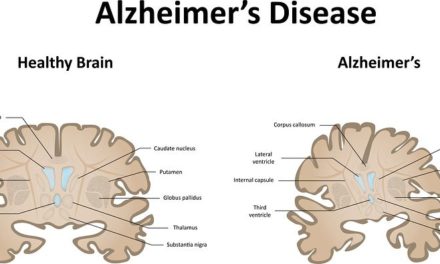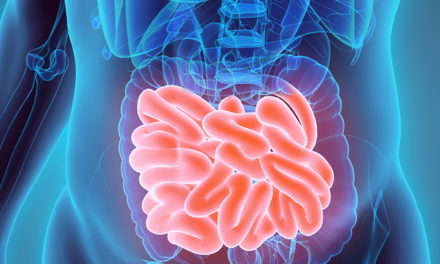
Cholestasis, which is an impaired flow of bile, during pregnancy usually occurs in late in the pregnancy. It triggers intense itching, usually on the hands and feet but often on many other parts of the body. The itching is often worse at night and may be distressing enough that it interferes with sleep. The itching is most common during the third trimester of pregnancy, but sometimes begins earlier. Other less common signs and symptoms of cholestasis of pregnancy may include nausea, yellowing of the skin and whites of the eyes (jaundice) or loss of appetite.
Althugh cholestasis can be intensely uncomfortable, it poses no long-term risk to an expectant mother. For a developing baby, however, It can be dangerous. Doctors usually recommend early delivery. Cholestasis of pregnancy increases the risk of the baby being born too early (preterm birth). It also increases the risk of meconium — the substance that accumulates in the baby’s intestines — getting into the amniotic fluid that surrounds the baby. If a baby inhales meconium during delivery, he or she may have trouble breathing. There’s also a risk of fetal death late in pregnancy. Because of the potentially severe complications, doctors often consider inducing labor around the 37th week of pregnancy.






